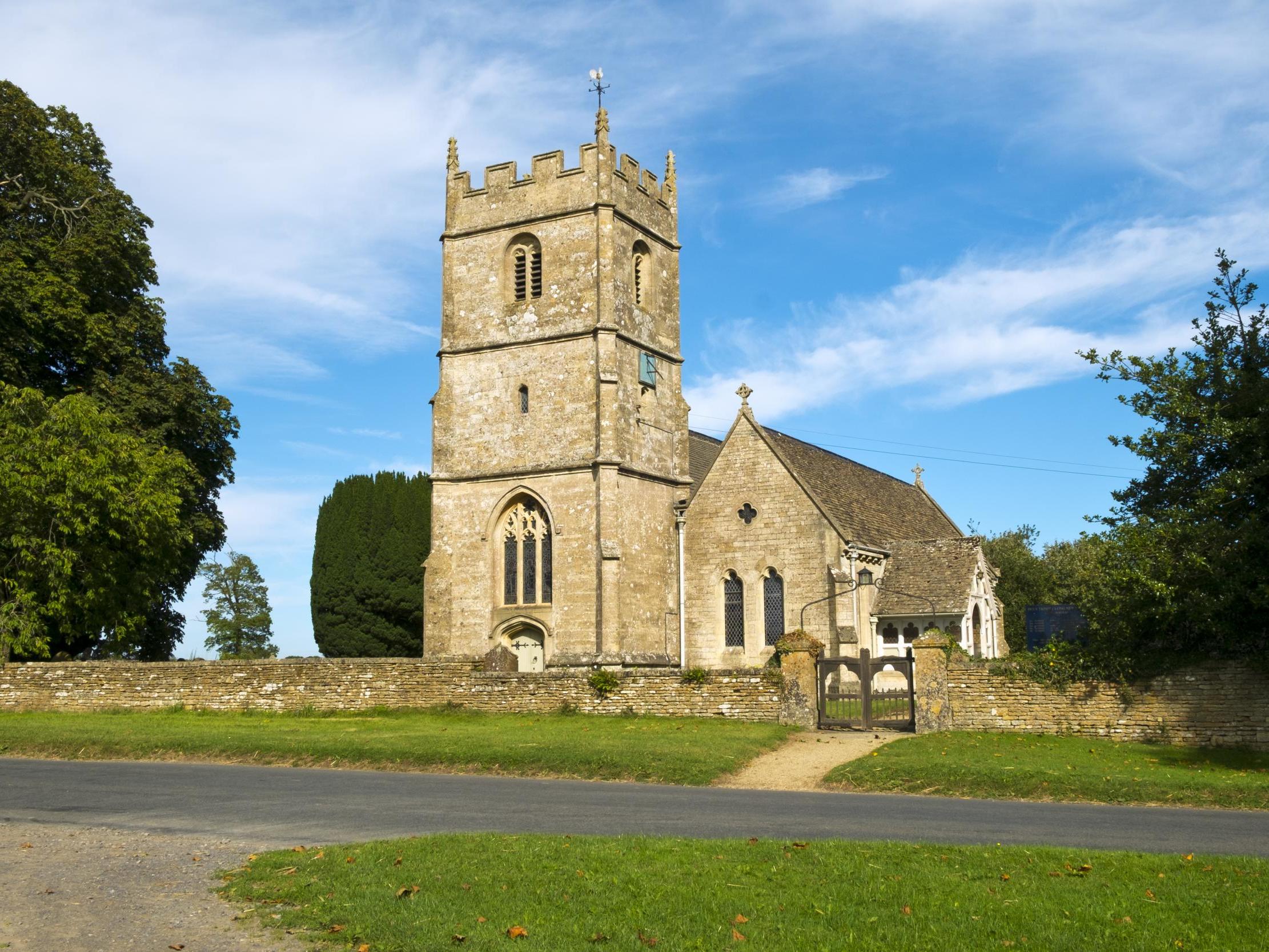Churches urged to provide people with sanctuary as extreme weather bites
Churches should provide support for climate refugees from within and outside of UK, advisory group says

Your support helps us to tell the story
From reproductive rights to climate change to Big Tech, The Independent is on the ground when the story is developing. Whether it's investigating the financials of Elon Musk's pro-Trump PAC or producing our latest documentary, 'The A Word', which shines a light on the American women fighting for reproductive rights, we know how important it is to parse out the facts from the messaging.
At such a critical moment in US history, we need reporters on the ground. Your donation allows us to keep sending journalists to speak to both sides of the story.
The Independent is trusted by Americans across the entire political spectrum. And unlike many other quality news outlets, we choose not to lock Americans out of our reporting and analysis with paywalls. We believe quality journalism should be available to everyone, paid for by those who can afford it.
Your support makes all the difference.As the climate crisis becomes an increasing concern, places of worship need to be ready to provide people with sanctuary during extreme weather events, the Church of England’s environmental working group has said in new guidance.
The recommendations – which outline what is needed to help deal with climate change – were sent to bishops, dioceses and church leadership teams.
The document said local churches should also be prepared to provide support for climate refugees from within and outside of the UK as the impacts of global warming accelerate.
It is is planning to bring a motion to the General Synod in 2020 proposing revised carbon targets for the church that would see it aim for net zero emissions by 2050 – and to move faster where it is possible.
In its guidance, the working group said a programme of action was needed to change heating from oil and gas and focus more on the comfort of church users rather than always aiming to heat the whole space.
The programme would also focus on installing energy efficient lighting, switching to renewable energy, cutting heat loss, and for church properties, where appropriate, to generate their own electricity from renewables.
A key first step will be to measure the carbon footprint across all parts of the Church of England, including churches, housing, schools, farming, forestry, investment portfolios, and offices, the guidance said.
Action has already been taken to divest the church’s investments from the most polluting fossil fuels, and commitments have been made to start to divest in 2020 from companies that are not helping the shift to a low carbon economy.
The Church of England must also protect and enhance nature across its land and buildings, including churchyards and investment assets, the guidance says.
The Bishop of Salisbury, Nicholas Holtam, said: “As Christians and as a church we hope to be good stewards of God’s creation and to care for the environment. We commit to respond to the serious circumstances we face.
“It will need the commitment of everyone in the church to engage strongly with our communities and establish creative policy frameworks that get the best out of people, not just because of anxiety but for the love of this wonderful creation.”
Additional reporting by PA
Join our commenting forum
Join thought-provoking conversations, follow other Independent readers and see their replies
Comments